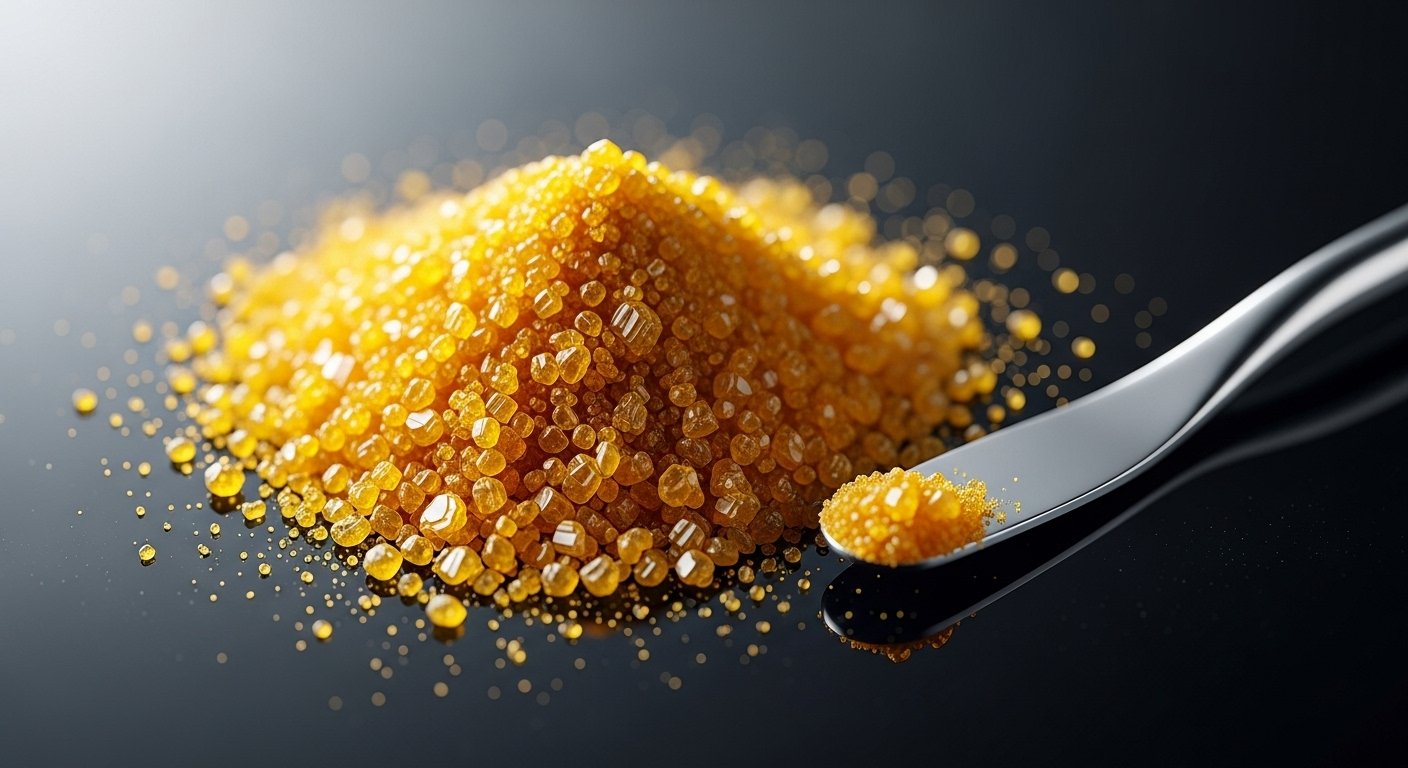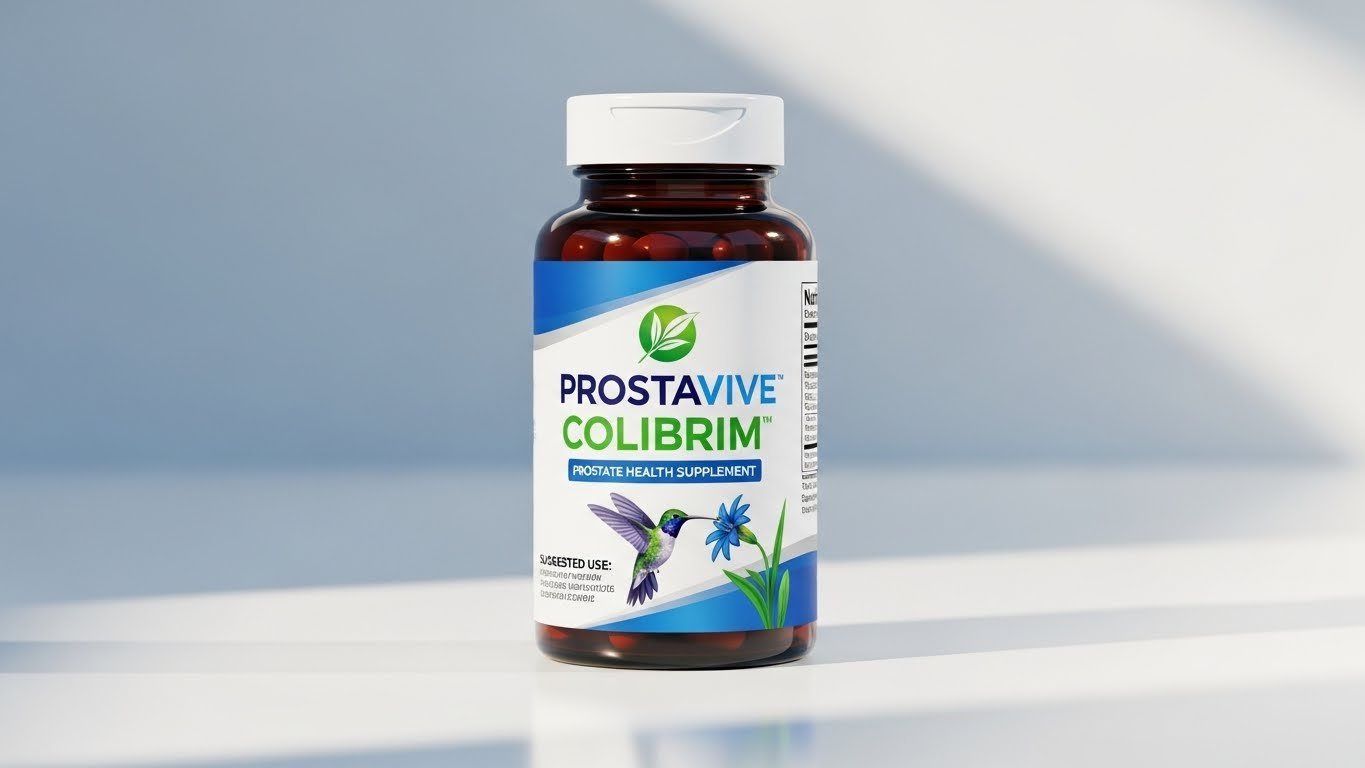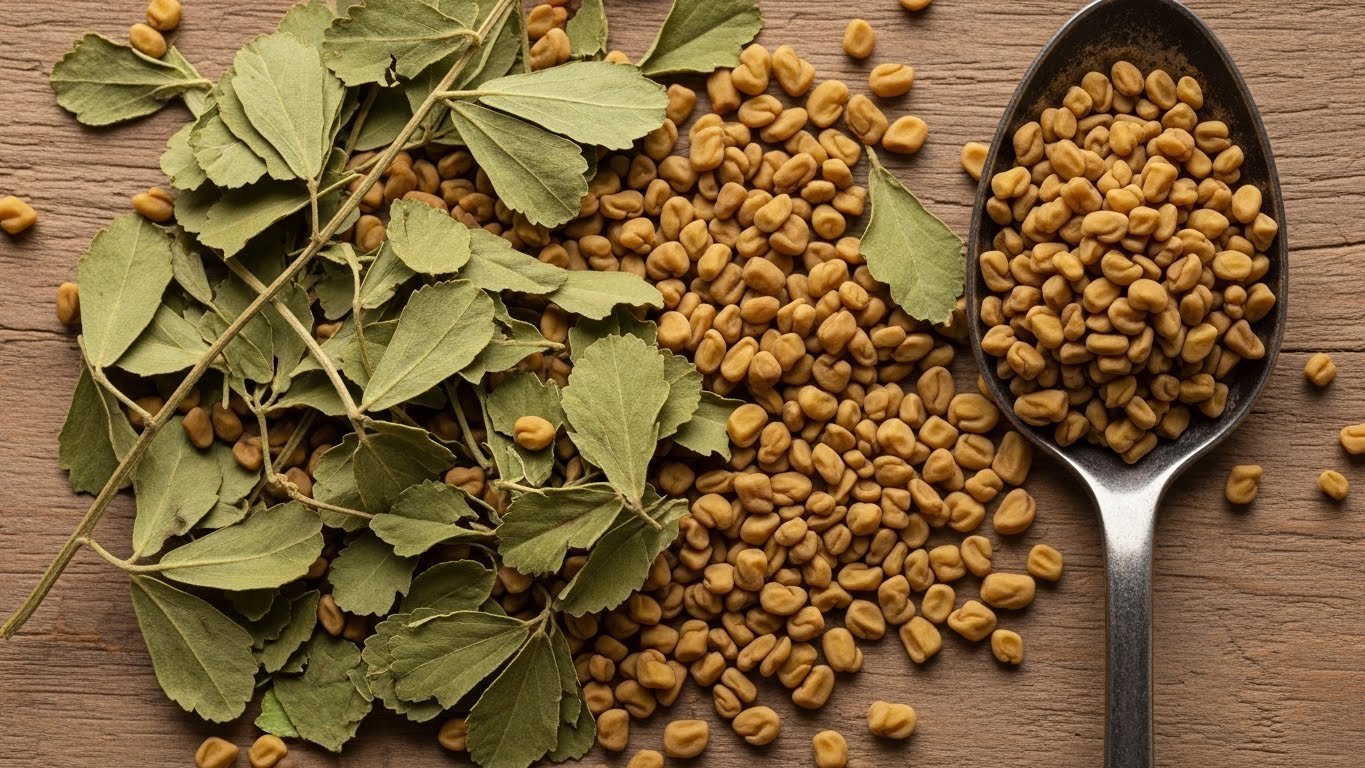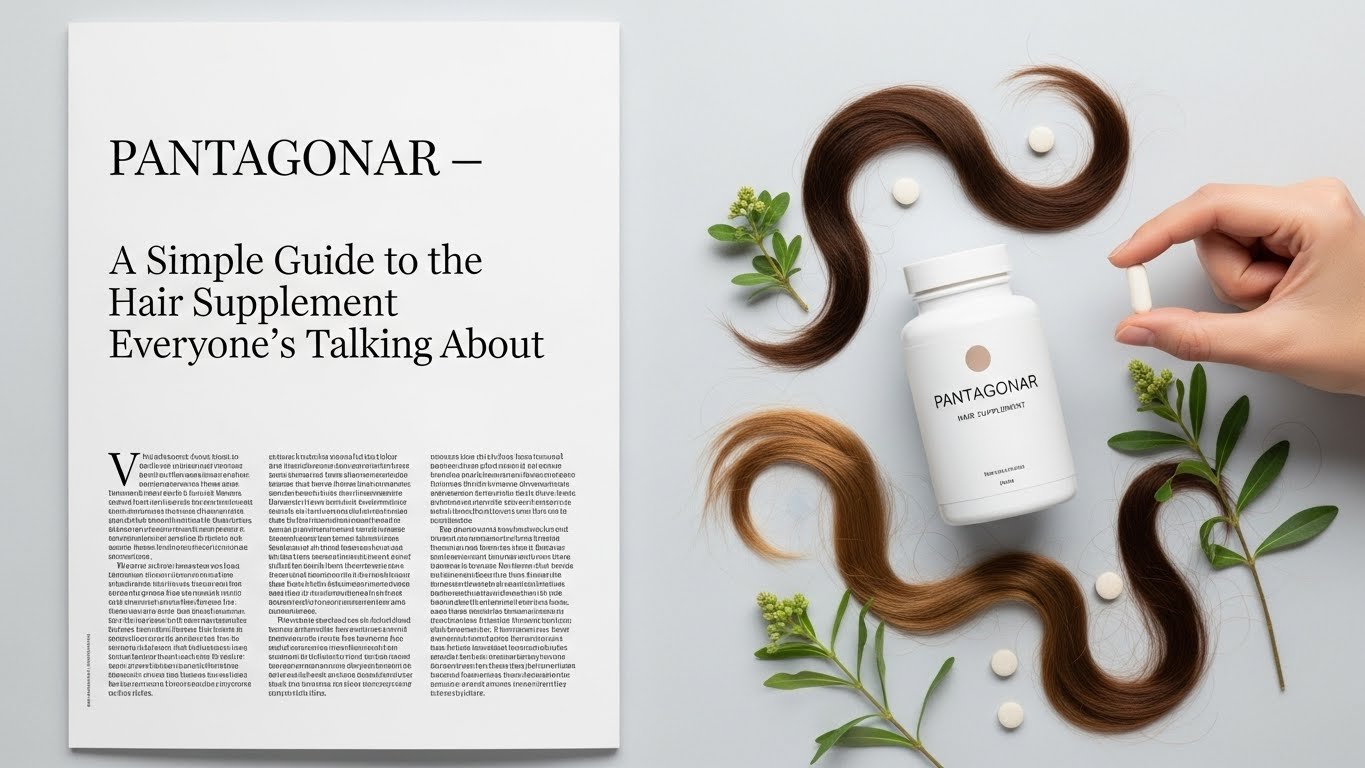Table of Contents
Introduction
Have you ever heard of fisetin? It may not be a household name like vitamin C or iron, but this little compound is making big waves in the world of health and science. And the best part? It comes from common fruits and vegetables you might already be eating.
Fisetin is a natural plant chemical—called a flavonoid—that helps protect your cells. Researchers are starting to discover that fisetin may do even more. It may help with aging, brain health, inflammation, and even immune support. That’s why more people are adding fisetin to their diets or taking it as a supplement.
In this guide, we’ll break down what fisetin is, what science says about it, and how you can use it. Don’t worry—we’ll keep it simple and friendly so it’s easy to follow, even if you’re brand new to the topic. Let’s explore the amazing world of fisetin!
What Is Fisetin?
Fisetin is a yellow substance found naturally in certain fruits and vegetables. It belongs to a group of plant compounds called flavonoids. These are the parts of plants that help them stay strong and healthy. And they do the same for people too!
Fisetin helps protect plants from harmful conditions like bugs, sun damage, and disease. When we eat foods with fisetin, those same protective powers can help our bodies too. It offers antioxidant, anti-inflammatory, and even anti-aging effects.
That’s what makes fisetin so special. Unlike other basic nutrients, fisetin seems to do a lot more than expected. In fact, researchers are calling it one of the most powerful flavonoids found in food.
Where Can You Find Fisetin in Food?
Luckily, fisetin is found in several foods you might already enjoy. The best source is strawberries! Just half a cup contains a strong amount of fisetin. But that’s not the only place you’ll find it.
Here are other food sources rich in fisetin:
- Apples
- Onions
- Cucumbers
- Grapes
- Persimmons
- Kiwi
- Tomatoes
Even though fisetin is in many fruits and veggies, the amounts are usually small. That’s why some people choose to take fisetin supplements to get higher doses used in research. But eating fisetin-rich foods is always a smart starting point.
Fisetin and Anti-Aging: Can It Help You Stay Younger?
This is one of the most exciting discoveries about fisetin—it may help slow aging. No, it’s not a magic youth fountain, but it does something just as cool.
As we age, senescent cells build up in our bodies. These are cells that stop growing but don’t die. Instead, they hang around and cause trouble, releasing harmful chemicals that damage healthy cells.
Fisetin is thought to work as a senolytic. This means it helps clear away those old, “zombie” cells so your body can function better. Some research in mice shows that fisetin can extend lifespan by reducing harmful aging effects in tissues.
While studies in humans are still early, the results so far are impressive. Many scientists believe fisetin may be one of the most promising anti-aging compounds discovered so far.
How Fisetin May Help Boost Brain Health
Want better memory, sharper thinking, and a happier brain? Fisetin may help with that too! Research shows that fisetin can enter the brain and help protect nerve cells.
Here’s how it may support your brain:
- Reduces brain inflammation
- Supports stronger memory and learning
- Protects against age-related brain decline
- May help with diseases like Alzheimer’s
In one animal study, fisetin helped mice perform better on memory tests. It also reduced harmful brain proteins linked to dementia. While results in people are still being studied, adding fisetin to your diet may be a simple and safe way to help your brain now and as you age.
Fisetin’s Anti-Inflammatory Powers
Let’s talk inflammation. It’s your body’s way of protecting you when you’re hurt or sick. That’s a good thing. But sometimes, the body stays inflamed too long—even when it doesn’t need to. And that can lead to problems like arthritis, tiredness, and even heart disease.
Fisetin is known for fighting this kind of chronic inflammation. It turns off certain signals in your cells that cause overactive immune responses. Think of it like pressing a “calm down” button inside your body.
If you deal with joint pain, sore muscles, or digestion problems that don’t go away, focusing on anti-inflammatory foods—and possibly fisetin—can make a big difference in how you feel day to day.
Can Fisetin Support a Healthy Heart?
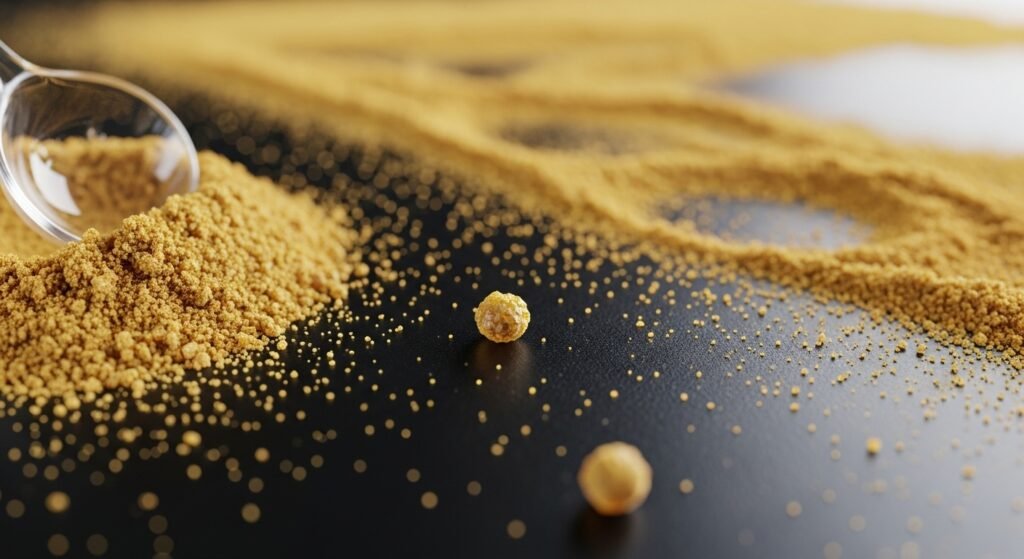
Your heart is always working. Every day. Every minute. So keeping it strong and healthy is one of the best things you can do for your whole body.
Fisetin may help your heart in a few simple but powerful ways:
- It supports healthy blood flow
- It lowers inflammation in arteries
- It may reduce oxidative stress in heart tissues
- It helps prevent blood vessel aging
Early research shows that fisetin improves heart health in animals and may lower the risk of diseases like atherosclerosis. While more studies in humans are needed, it’s another reason this natural compound gets so much attention.
Fisetin for Skin Health and Radiance
We all want skin that feels good and looks healthy. Fisetin may help here too! Because it fights inflammation and oxidative stress, it can protect your skin from aging and sun damage.
Fisetin may also help calm the skin by:
- Reducing redness
- Protecting collagen
- Helping repair skin from UV exposure
- Encouraging better skin cell renewal
You won’t see fisetin in many skincare products yet, but taking it in food or supplement form may still offer skin benefits. After all, better skin starts from within.
Should You Take Fisetin Supplements?
You might be wondering if eating strawberries is enough. The truth is, fisetin amounts in food are small—and the doses used in research are much higher.
Fisetin supplements usually come in capsule form and give you higher doses than what you’d get from diet alone. Some people take it daily for regular health. Others take it in senolytic cycles, just for a few days every month, especially for anti-aging.
Here’s what to keep in mind when thinking about fisetin supplements:
- Always buy from trusted brands
- Look for supplements that are lab tested
- Talk to your healthcare provider if you’re taking other medications
Supplements aren’t magic, but fisetin may be one that earns a regular spot in your health routine.
How Fisetin Compares to Other Flavonoids
There are many flavonoids that support health—like quercetin, resveratrol, or curcumin. So what makes fisetin stand out?
Here’s a quick comparison:
- Fisetin goes deeper into cells compared to some other flavonoids
- It has stronger senolytic action than quercetin
- It’s less known, but often more powerful in lab tests
- It supports brain health in addition to general wellness
Each flavonoid has unique strengths. But more and more studies are showing that fisetin may be one of the best all-around players in the group.
Any Side Effects to Fisetin?
So far, fisetin appears safe in both foods and supplements. Most people have no problems with it. In studies, even high doses showed very few side effects.
Still, there’s always a chance of reactions, especially if you:
- Take other supplements or medications
- Are pregnant or nursing
- Have certain health conditions
Common side effects with supplements (rare) may include:
- Mild headache
- Upset stomach
- Feeling sleepy or jittery (with very high doses)
As always, it’s smart to check with your doctor before starting any new supplement—especially if you’re planning to take it daily or in large doses.
FAQs
1. What is fisetin used for?
Fisetin is used to support healthy aging, fight inflammation, boost brain health, and protect cells in the body.
2. Is fisetin the same as quercetin?
No. Both are flavonoids, but fisetin is considered stronger for certain health effects—especially for clearing damaged or “senescent” cells.
3. Can I get enough fisetin from food alone?
Probably not. While strawberries are high in fisetin, supplements offer the larger doses used in health studies.
4. Are fisetin supplements safe?
Yes, they are generally safe for most people. But it’s always smart to check with a healthcare provider, especially if you’re taking other medications.
5. Does fisetin help with memory?
Yes, research shows fisetin may support memory, learning, and clear thinking—especially as we age.
6. Can kids take fisetin?
So far, fisetin supplements are made for adults. But getting fisetin through fruits like strawberries is safe and healthy for kids too.
Conclusion
Fisetin may not be as famous as vitamins or fish oil—yet. But it’s quickly becoming one of the most talked-about plant-based nutrients around.
From helping your brain and heart to clearing out old “zombie” cells that slow you down, fisetin offers support for nearly every part of your body. Whether you want to age well, stay sharp, or simply feel better day to day, it’s worth learning more about this quiet hero in your diet.
The best part? You can get started today. Eat more strawberries. Try adding a fisetin supplement. Talk with a health expert. Start exploring the power behind this natural compound—one small step at a time.
Because sometimes, the best things for your health are already growing in your garden.
